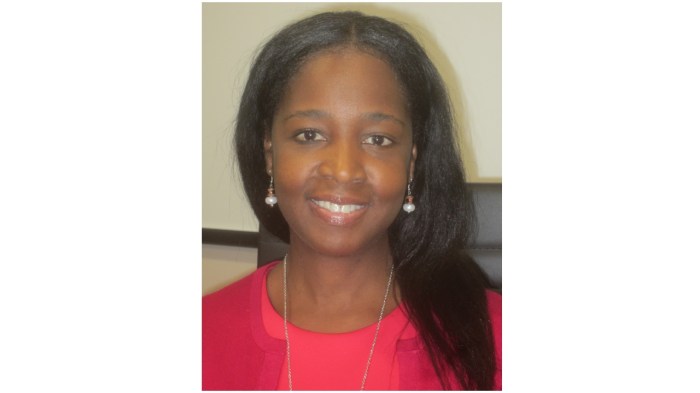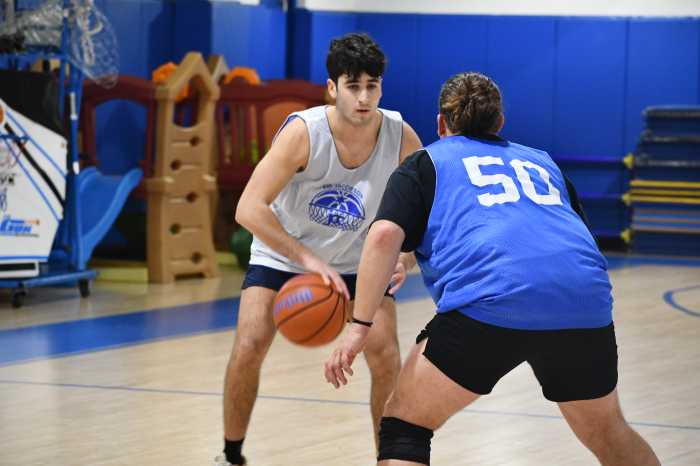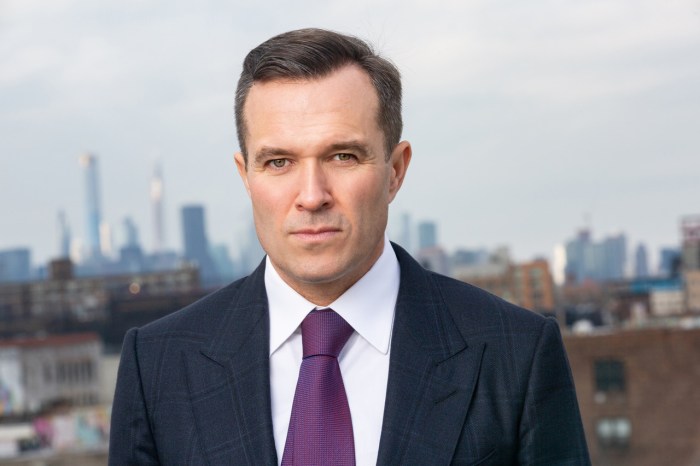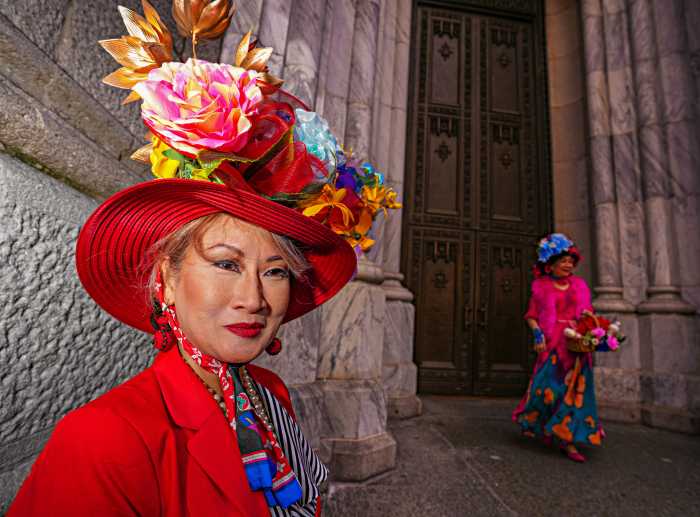Dr. Susan Poser took the helm as Hofstra University’s president last August 1. A year later, she talked with the Long Island Press about what it’s been like to lead the school and what’s next.
How has your first year been at Hofstra?
The first year has been really wonderful. I got a very warm welcome. I have a wonderful senior leadership team. I had the opportunity to meet faculty and students. My board of trustees has been very supportive. Everybody is ready to think about the future and move forward.
What’s new at the school in terms of programs and construction?
As far as construction goes, we have a new science and innovation center going up. It’s slated to open in March 2023. It’s going to house our school of nursing and part of our engineering school. It’s going to be beautiful. It’s going up right now.
What other big news is there at Hofstra?
We have a provost who just arrived, Charlie Riordan. The job of the provost is to oversee the academic enterprise at the university. That is the area I’m most focused on. Dr. Riordan comes from the University of Delaware, where he was the vice president for research over the entire university from sciences and engineering to humanities and social sciences. We have someone now who knows how to support faculty in doing their research and scholarship.
What are some of the fastest-growing areas at Hofstra?
Undergraduate engineering is growing very quickly. All our programs in the health professions. For undergraduates, that includes things like community health and public health. For graduate programs, we have a medical school, a school of nursing, and a school of health professions.
Hofstra has hosted some really important events: What if any are coming up?
We’re talking about possibly doing a gubernatorial debate. We’re waiting to hear, but we have offered that. We also are looking into doing congressional forums and forums for the New York Assembly and Senate races. We want to host these things. We’re good at doing it. We will be looking into the presidential debates.
How is Hofstra working with others and involved with the economy?
I’m now a member of the Long Island Regional Economic Development Council. I’m also on the Long Island Association Board and the board of Accelerate Long Island, which is more focused on entrepreneurship and startups. I’m on three very important economic development boards for Long Island. Last month, Hofstra hosted the LIA’s small business development conference.
Is Hofstra reaching out to students at local public schools in innovative ways?
One of our faculty, in the department of biology, just got a $5 million grant from the National Science Foundation. It’s to create a program to improve Science, Technology, Engineering, and Math (STEM) education in underserved communities, to create pipelines from the secondary schools into Nassau Community College and into Hofstra.
How is Hofstra collaborating with the public schools?
We work in the public schools all the time. We have students who go in and teach units in business and other areas. We’re very involved in public schools in Hempstead and Uniondale. I met with the mayor of Hempstead several times. We just met with a group in Uniondale. We’re trying to figure out more ways to connect and have the community use our campus.
How has education changed, if it has, since the pandemic?
One thing we learned from the pandemic is that college-age undergraduate students really want to be together. They were not happy in their parents’ basements. Last year, the first day of class, everybody had masks and was vaccinated. But they were thrilled to be here and together and we had a great year.
Has undergraduate education changed a lot?
As far as undergraduate education goes, it hasn’t changed that much. We have options. We never have to have another snow day. You can move your class online. And we’re thinking about how to integrate some remote work into the undergraduate curriculum.
Is there more remote education?
The place where it is making a big difference is graduate school. Certain graduate programs can be delivered online. Often, students in graduate school are working. It’s easier for them to go home and take classes online.
What’s happening with diversity?
I’ve been dedicated to that my whole career. If you look at the population under 18, there is no majority race or ethnicity. Diversity among young people is already here. Hofstra, like almost every other university, is becoming more diverse. We have more Latinx students, more Black students, and more Asian students. There is a lot of diversity among the student body, but not as much among the faculty. We also have to think about the faculty in terms of hiring. We want these students to see people who look like them in front of the classroom.
When does the fall term start and will it be different than the past?
The first day of class is Tuesday, Sept. 6. It will be different than last fall. At least as of now, we don’t think we’ll be requiring masks. We have a very large incoming class. In terms of deposits, we’re up well over 1,750. We have more deposited students now than 2021. We don’t know exactly what our class will look like, but it looks like it will be quite high. We had a very good year in terms of admissions.
What’s next?
We are moving into a strategic planning phase in the fall. We have a whole lot of ideas to build out this university and make it much more of a nationally known and internationally known place. I’m excited about that. Stay tuned.

































